2018 Chevrolet Traverse Brake Rotors and Pads
Click here to search another vehicle
All Rotors:
OEM x
Coated x
Drilled, Slotted and Coated x
Front x
Rear x
All Pads:
Ceramic x
Semi-metallic x
Front x
Rear x
Found 10 record
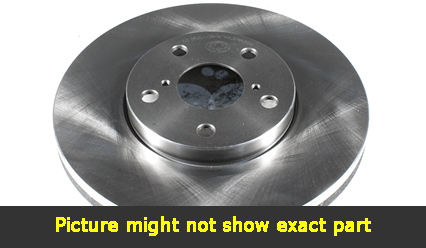
Part No: BR575208
Raybestos: 1771229
OE: 13588515
Raybestos: 1771229
OE: 13588515
$70.96 each
Per Car QTY: 2
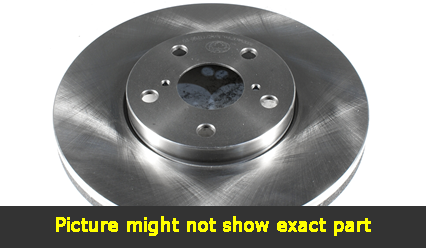
Part No: BR575207
Raybestos: 1771224
OE: 13592624
Raybestos: 1771224
OE: 13592624
$52.49 each
Per Car QTY: 2
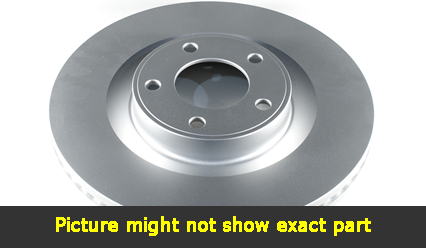
Part No: PP575208
Raybestos: 1771229
OE: 13588515
Raybestos: 1771229
OE: 13588515
$89.62 each
Per Car QTY: 2
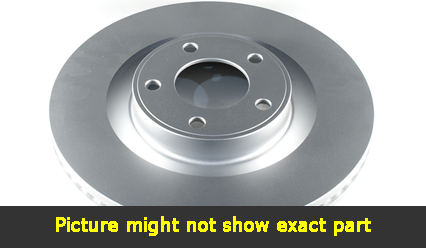
Part No: PP575207
Raybestos: 1771224
OE: 13592624
Raybestos: 1771224
OE: 13592624
$66.29 each
Per Car QTY: 2
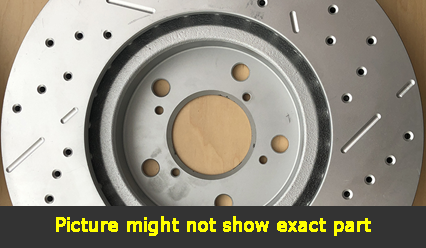
Part No: SP575208L
Raybestos: 1771229
OE:
Raybestos: 1771229
OE:
$126.07 each
Per Car QTY: 1
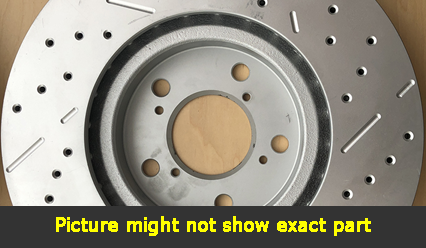
Part No: SP575208R
Raybestos: 1771229
OE:
Raybestos: 1771229
OE:
$126.07 each
Per Car QTY: 1
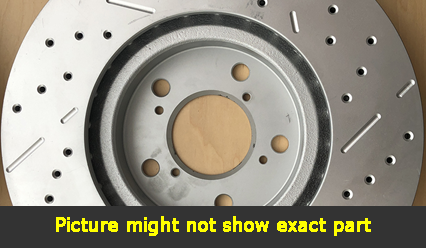
Part No: SP575207L
Raybestos: 1771224
OE:
Raybestos: 1771224
OE:
$102.74 each
Per Car QTY: 1
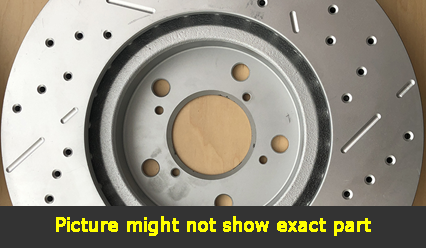
Part No: SP575207R
Raybestos: 1771224
OE:
Raybestos: 1771224
OE:
$102.74 each
Per Car QTY: 1
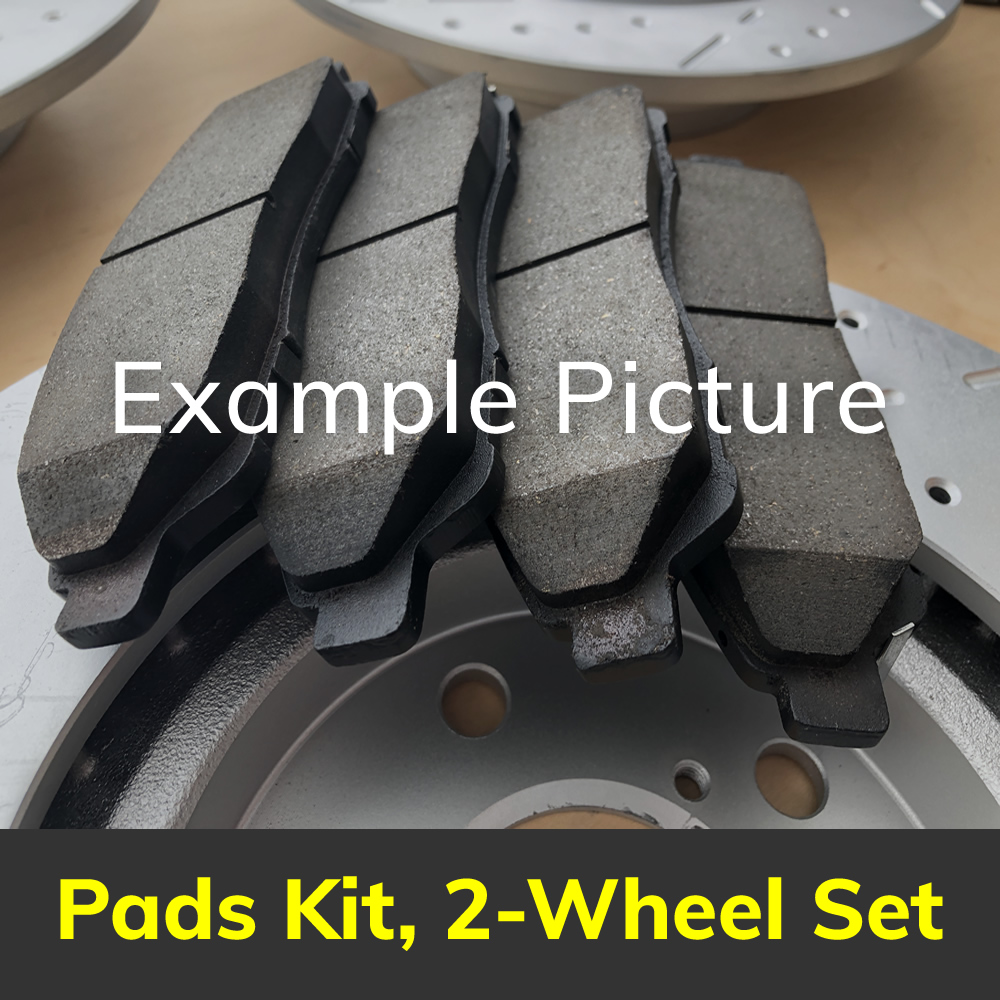
Part No: PD1896C
Raybestos:
OE:
Raybestos:
OE:
$42.08 each
Per Car QTY: 1

Part No: PD1877C
Raybestos:
OE:
Raybestos:
OE:
$31.63 each
Per Car QTY: 1
If you own a 2018 Chevrolet Traverse and are in need of new brakes, it is important to choose the right ones for your vehicle. Brakes play a crucial role in ensuring your safety on the road, so selecting the right brakes is essential. With so many options available in the market, it can be overwhelming to make a decision. To help you choose the right brakes for your 2018 Chevrolet Traverse, we have put together a useful guide.
1. Determine Your Brake Type:
The 2018 Chevrolet Traverse can come with either disc brakes or a combination of disc and drum brakes. It is essential to know which type of brakes your Traverse has before purchasing new ones. Most newer models typically come with disc brakes on all wheels. However, some older versions may have drum brakes on the rear wheels. Knowing your brake type will help you find the right replacement.
2. Consider OEM or Aftermarket:
OEM (Original Equipment Manufacturer) brakes are designed by the vehicle manufacturer and specifically engineered for your Chevrolet Traverse. They are reliable and ensure proper fitment and performance. However, they can be more expensive compared to aftermarket brakes. If you want to save money, aftermarket brakes are a viable option. Ensure that they are compatible with your vehicle and meet the required safety standards.
3. Choose the Right Brake Material:
Brake pads come in various materials such as organic, semi-metallic, and ceramic. Each material has its own advantages and disadvantages. Organic brake pads provide a smooth and quiet operation but may wear out faster. Semi-metallic pads offer better heat dissipation and durability but can generate more noise. Ceramic pads provide exceptional stopping power, long life, and reduced noise but can be more expensive. Consider your driving style, budget, and preferences when selecting the brake pad material.
4. Decide on Brake Rotors:
If you need to replace the rotors along with the brake pads, take some time to decide on the type of rotors suitable for your needs. There are three common types: solid, vented, and slotted. Solid rotors are the standard option and work well for everyday driving. Vented rotors offer better heat dissipation, making them a good choice for heavy-duty driving or mountainous regions. Slotted rotors enhance brake performance by channeling heat, gas, and debris away from the rotors, but they can wear down brake pads more quickly.
5. Take Note of Brand Reputation:
When selecting brakes, it is always a good idea to consider the reputation and reliability of the brand you are purchasing. Look for well-known and reputable brands that have a track record of producing high-quality brakes. Brands like Bosch, ACDelco, Wagner, and Power Stop are trusted choices. Reading customer reviews and seeking recommendations can also help you make an informed decision.
6. Consult with a Professional:
If you are unsure about which brakes are best suited for your 2018 Chevrolet Traverse, it is recommended to seek advice from a professional. They can examine your vehicle, understand your driving needs, and suggest the most appropriate brake option. They have the expertise to recommend the correct brake pads, rotors, and other components that will ensure optimal performance and safety for your Traverse.
Remember, brakes are a critical component of your vehicle, and their proper functioning is paramount for your safety on the road. By considering the factors mentioned above and making an informed decision, you can choose the right brakes for your 2018 Chevrolet Traverse.
1. Determine Your Brake Type:
The 2018 Chevrolet Traverse can come with either disc brakes or a combination of disc and drum brakes. It is essential to know which type of brakes your Traverse has before purchasing new ones. Most newer models typically come with disc brakes on all wheels. However, some older versions may have drum brakes on the rear wheels. Knowing your brake type will help you find the right replacement.
2. Consider OEM or Aftermarket:
OEM (Original Equipment Manufacturer) brakes are designed by the vehicle manufacturer and specifically engineered for your Chevrolet Traverse. They are reliable and ensure proper fitment and performance. However, they can be more expensive compared to aftermarket brakes. If you want to save money, aftermarket brakes are a viable option. Ensure that they are compatible with your vehicle and meet the required safety standards.
3. Choose the Right Brake Material:
Brake pads come in various materials such as organic, semi-metallic, and ceramic. Each material has its own advantages and disadvantages. Organic brake pads provide a smooth and quiet operation but may wear out faster. Semi-metallic pads offer better heat dissipation and durability but can generate more noise. Ceramic pads provide exceptional stopping power, long life, and reduced noise but can be more expensive. Consider your driving style, budget, and preferences when selecting the brake pad material.
4. Decide on Brake Rotors:
If you need to replace the rotors along with the brake pads, take some time to decide on the type of rotors suitable for your needs. There are three common types: solid, vented, and slotted. Solid rotors are the standard option and work well for everyday driving. Vented rotors offer better heat dissipation, making them a good choice for heavy-duty driving or mountainous regions. Slotted rotors enhance brake performance by channeling heat, gas, and debris away from the rotors, but they can wear down brake pads more quickly.
5. Take Note of Brand Reputation:
When selecting brakes, it is always a good idea to consider the reputation and reliability of the brand you are purchasing. Look for well-known and reputable brands that have a track record of producing high-quality brakes. Brands like Bosch, ACDelco, Wagner, and Power Stop are trusted choices. Reading customer reviews and seeking recommendations can also help you make an informed decision.
6. Consult with a Professional:
If you are unsure about which brakes are best suited for your 2018 Chevrolet Traverse, it is recommended to seek advice from a professional. They can examine your vehicle, understand your driving needs, and suggest the most appropriate brake option. They have the expertise to recommend the correct brake pads, rotors, and other components that will ensure optimal performance and safety for your Traverse.
Remember, brakes are a critical component of your vehicle, and their proper functioning is paramount for your safety on the road. By considering the factors mentioned above and making an informed decision, you can choose the right brakes for your 2018 Chevrolet Traverse.


